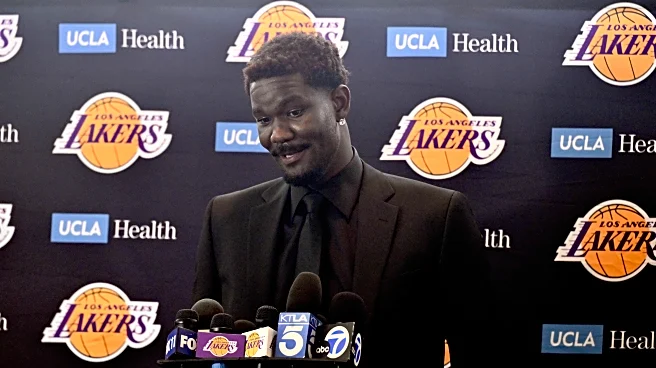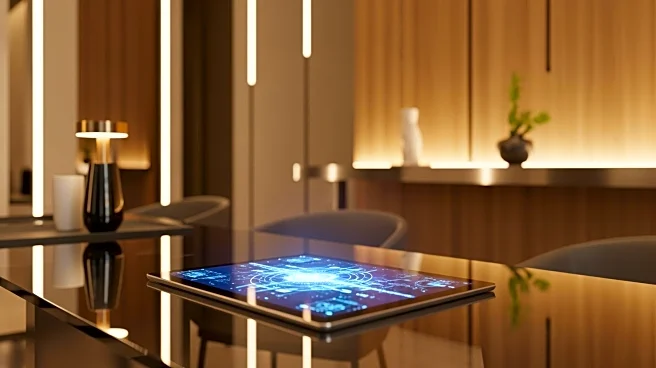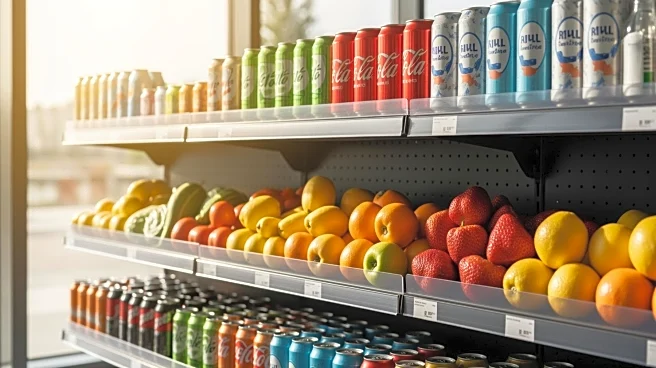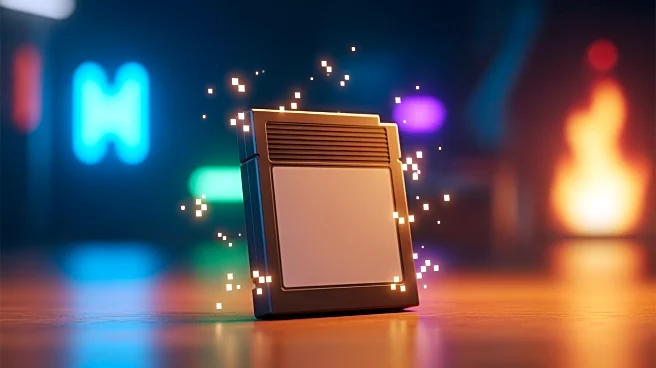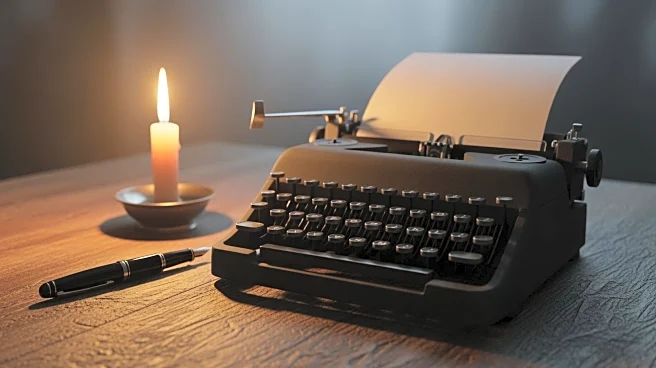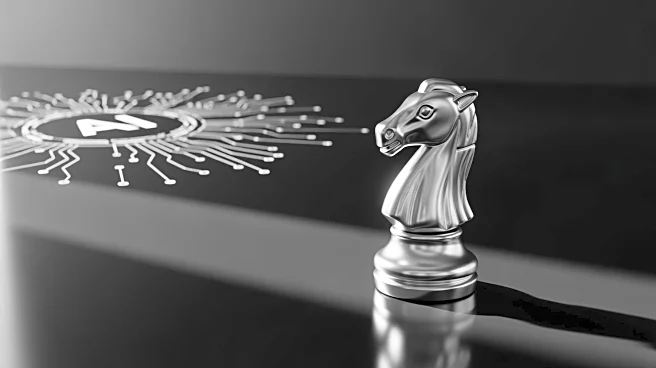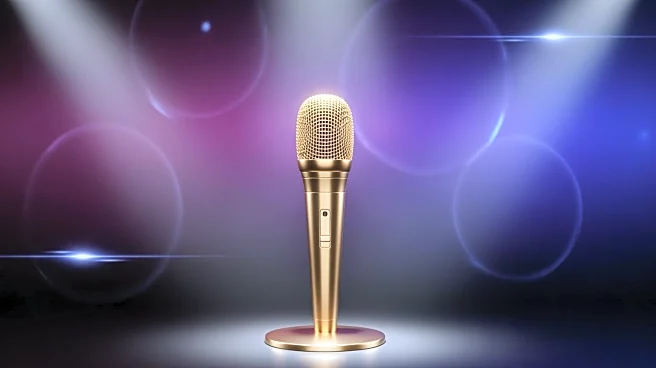Welcome to our Lakers Season Preview Series! For the next several weeks, we’ll be writing columns every weekday, breaking down the biggest questions we have about every player the Lakers added this offseason. Today, we look at DeAndre Ayton.
In the immediate aftermath of trading for Luka Dončić, Rob Pelinka knew he was going to need a starting center, not just because he had just dealt away their defensive anchor and All-NBA big man Anthony Davis to acquire Dončić, but because Luka had reportedly
already expressed a desire to get a lob threat to pair with him for the short and long term.
Pelinka was quick to oblige. Seemingly hours after calling the center market “dry” in his presser to introduce Luka, Pelinka stealthily swung for the fences again when he dealt away Dalton Knecht and a future first round pick for then Hornets big man Mark Williams. A failed physical sunk that deal before it was finalized, leaving Dončić with just Jaxson Hayes as his roll man — a solution that proved regular season-ready only to find Hayes role greatly reduced in the playoffs.
Pelinka, then, knew February’s unfinished business was still pressing. But as free agency’s top bigs got snatched up in the marketplace, his patience was ultimately rewarded when DeAndre Ayton was bought out by the Blazers. That Ayton shares an agent with Luka is either a “lucky” coincidence of the type of fortuitous happenstance you explain while offering up the sly grinning emoji in a text message to your friends, but Ayton and the Lakers became partners and, in the process, paired Dončić with the No. 1 overall pick from his draft class seven years ago.
So, the Lakers have themselves a starting big man. And not only that, got one who, while recognizing there were real reasons he was bought out and happily traded away from the Suns two years ago, is very talented, in his age-27 season and is in his absolute physical prime to pair with one of the players who, over the course of his career, has been one of the playmakers whose ability to uplift the centers he plays is arguably unrivaled.
There are questions to be answered and doubters who will either be silenced or vindicated, for sure. But it wouldn’t be a Lakers season if that wasn’t the case with at least a player or two, right?
What is his best-case scenario?
It’s been cited several times by pundits and fans alike, but Ayton’s contributions as starting center for the Suns team that reached the 2021 Finals are universally thought of as his peak contributions to winning on a contending team. Ayton averaged 14.4 points and 10.5 rebounds on 62% shooting during the regular season and then saw those numbers climb in the postseason to 15.8 points and 11.8 rebounds on 65.8% shooting.
Playing next to Chris Paul, Devin Booker and Mikal Bridges, Ayton was able to eat as a finisher via pick-and-rolls, dump-off passes, mid and deep post-ups and offensive rebounds. And then defensively, he showed an ability to impact the game not only as a post defender when guarding opposing bigs, but also as a rim protector.
What the Lakers are hoping for is exactly this, replicated for their team. But instead of CP3, Booker, Bridges, Crowder, and Johnson, you have Luka, LeBron, Austin Reaves, Marcus Smart, and Rui Hachimura playing in roles that not only set him up to thrive on offense, but offer enough defense within the Lakers schemes and concepts to allow Ayton to hang near the paint where he can use his frame and length to be a deterrent around the rim while gobbling up rebounds.
Going a step further, in the best-case scenario, Ayton is even better on offense with these Lakers, serving as the primary screener for Luka, LeBron, and Reaves, three players who, in their respective ways, can open up the game for him in ways that cumulatively surpass what those Suns team were able to do for him.
This isn’t some sort of stretch, either. There may not be a better P&R practitioner in the world than Dončić, and in LeBron and Reaves, there is another historically great partner who has long made the lives of his big men easier and an up-and-coming creator who, if nothing else, will allow Ayton to get a ton of action in the short roll via pocket passes while also having great lanes to the offensive glass.
It’s not hard to imagine, then, Ayton scoring double-digit points a night purely off lobs, pocket passes, dump-offs and offensive rebounds. Add in his ability to score via post ups, mid-range jumpers and via rim runs in transition and it’s not hard to see Ayton consistently reaching his career average of 16 points per night with there almost certainly being nights where he is scoring 20+ points with ease against teams who simply do not have the defensive resources to deal with as much perimeter talent as the Lakers while still devoting size and physicality toward Ayton.
What is his worst-case scenario?
If Ayton at his peak is a key contributor to a team that can reach the Finals, the version of him that was bought out by a Blazers team that preferred to invest in younger and less talented bigs, all while looking to take a step forward as a serious team represents the downside of who he can be as a pro.
That version of Ayton plays in less than half his team’s games, is seemingly more concerned with scoring the way he wants to score as a usage post-up option rather than a P&R partner and is such a low effort defender that you’ll more often find him standing straight up with his arms at his side at the foul line as the action whirs around him than you will him actively engaged in a defensive stance as a ball handler attacks or rotating to the rim to help out a teammate on the back line.
This is the Ayton that the Suns were more than eager to trade away, the Ayton that the Blazers were willing to give roughly $30 million to so he could sign with a historical conference rival who is trying to win a championship. Multiple teams giving up on him in this way is the sort of thing that should make fans weary of him, irrespective of him voicing all the right things of being excited about this opportunity, of wanting to show how much he can impact winning, of how he understands this could be on of his last chances to resurrect his value around league.
At some point, Ayton has to actually do all the stuff he says he wants to. And on a team where the shot attempts may not come as often as he’d like, where even in units where he’s playing with and against reserves where he might not even be the second option, there will be opportunities for him to slip into old habits and either not compete as hard as he should be, or simply get complacent as the game goes away from him for long stretches.

Add in the fact that both Luka and LeBron have shown a history of lingering too long on the other end, arguing with refs or just generally not getting back on defense with much vigor, it’s not far-fetched to imagine Ayton floating in and out of serious basketball while the leaders of the teams don’t always give their all.
In other words, if things spiral for whatever reason, Ayton isn’t likely to be the person who plugs the holes, but instead has the potential to be a sort of human Drano who helps facilitate the circling of the drain even more. And while I believe the leadership on this team is such that they won’t allow him to be the reason things fall apart, if things go that way naturally outside of him, he has the potential to follow right along.
And, lastly, head coach JJ Redick is the exact sort of coach who not only doesn’t go for the BS of non-effort from players who clearly know how to give it, but that’s going to be even more true for players whose roles and minutes are predicated on them providing dirty work, defense, rebounding and general commitment to the things that drive winning. And if Redick isn’t getting those things, he can and will be demonstrative towards the players not giving their all.
This is the sort of cocktail that can be explosive and potentially toxic, which is another variable to account for when thinking of the ways this could not only go wrong, but terribly so.
What is his most likely role on the team?
Ayton will almost certainly walk into 28+ minutes per night as the team’s starting center. Simply due to his role as an on-ball screener for Luka, LeBron, and Austin, he’ll serve as a primary offensive player who gets great finishing chances in and around the paint and, in some matchups, he’ll almost certainly get a larger slice of the offensive pie via post ups and little mid range jumpers as teams load up to stop the team’s trio of perimeter shot creators.
Defensively, he’ll also be asked to carry a significant load, though it remains to be seen how often Redick asks Ayton to switch or play higher on the floor versus playing in more traditional drop coverages that allow him to stay near the paint. Whatever his ask, though, he’ll be asked to remain engaged and be an active helper around the rim while also cleaning the glass as a defensive rebounder.
In other words, Ayton will get every opportunity to play a huge role on a team with aspirations to make a deep playoff run, to say nothing of trying to elbow its way into the championship conversation.
The degree to which he maximizes this opportunity will primarily fall on him, of course, as he’s the one who will need to show his commitment to the group, to playing as hard as he can in the role assigned, and by buying in fully to what his general ask is. But, Ayton’s success will also fall on his coaches and his teammates, in that how much they look to involve him practically on the court as well as mentally and emotionally through encouragement and engaging him will help establish him as important within the group, while also leaning into how he can be productive and contribute to winning.
How successful he and the team actually are at this, of course, remains to be seen. But Ayton will have as good a chance to succeed and be great in his role as he has had in his career. And, if it goes well, both he and the Lakers will bear the fruit of the bet they have made on each other.
You can follow Darius on BlueSky at @forumbluegold and find more of his Lakers coverage on the Laker Film Room Podcast.
